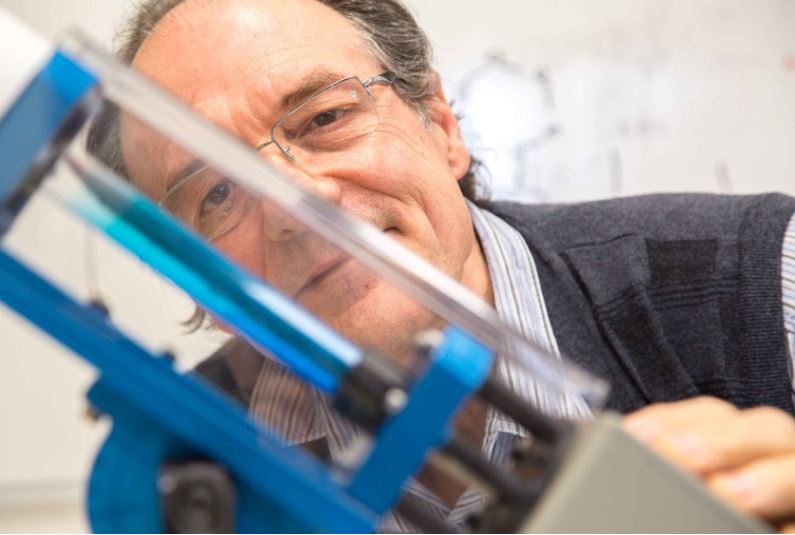More parents, people with a disability or health condition and carers have joined the workforce thanks to the COVID-19-induced shift to remote work and the strong labour market, new CEDA research has found.
The analysis of 2022 Household Income and Labor Dynamics in Australia (HILDA) Survey data found workforce participation in jobs where people could work from home jumped by 8.5 percentage points for women with young children and nearly six percentage points for people with a disability or health condition from 2019 to 2022.
These groups now also work from home at similar rates to other workers.
“This is a clear win for workers, employers and the economy and can help the Federal Government achieve its vision of full employment,” CEDA Chief Economist Cassandra Winzar said.
“Embedding these gains even when the jobs market inevitably softens should be a priority.
“Implementing changes that make both remote and in-office work more effective – such as clarifying performance expectations, formalising mentoring and developing communication and management skills – is a good place to start.
“While hybrid arrangements can deliver benefits by balancing productivity, participation and employee preferences, employers will need to continue to experiment with different approaches to find what works best for them and their employees, while noting the best approach may change over time.”
The findings by CEDA Senior Economist Melissa Wilson and Economist James Brooks form part of Economic and Policy Outlook (EPO) 2024, which looks at the key issues likely to drive economic and policy outcomes this year.
Other chapters include:
Economic outlook 2024: Setting Australia up for long-term success, by CEDA Chief Economist Cassandra Winzar
This year the Federal Government must move from consultation to implementation. After more than a year of discussion and design on many policy issues, the focus must be on driving change to lift the productive capacity of our economy. We must properly address the major short-term challenges facing us – getting inflation under control, addressing housing shortages and accelerating the energy transition, while setting ourselves up for longer term success and building a more productive, dynamic and resilient economy. Failing to do so risks entrenching intergenerational disadvantage, stagnant business conditions and lower living standards.
A critical year for emissions targets and energy policy, by CEDA Senior Economist Andrew Barker
Australia is not on track to meet its emissions-reduction targets. Tough decisions will be needed on energy policy this year to get back on track, while also protecting energy affordability and reliability of supply. There are looming challenges on all three fronts, as policy uncertainty has held back investment in generation, storage and network assets.
The labour market must work even harder this year, by CEDA Economist Liam Dillon
More than a year since the Jobs and Skills Summit the outcomes have been underwhelming and labour shortages persist. It’s clear we still have work to do. We must get the right skills in the right places by boosting labour-market mobility and inclusivity and increasing the supply of workers through robust education and migration systems. Meanwhile, emerging international evidence suggests AI tools have the potential to accelerate the integration of new workers and compensate for skills shortages.





